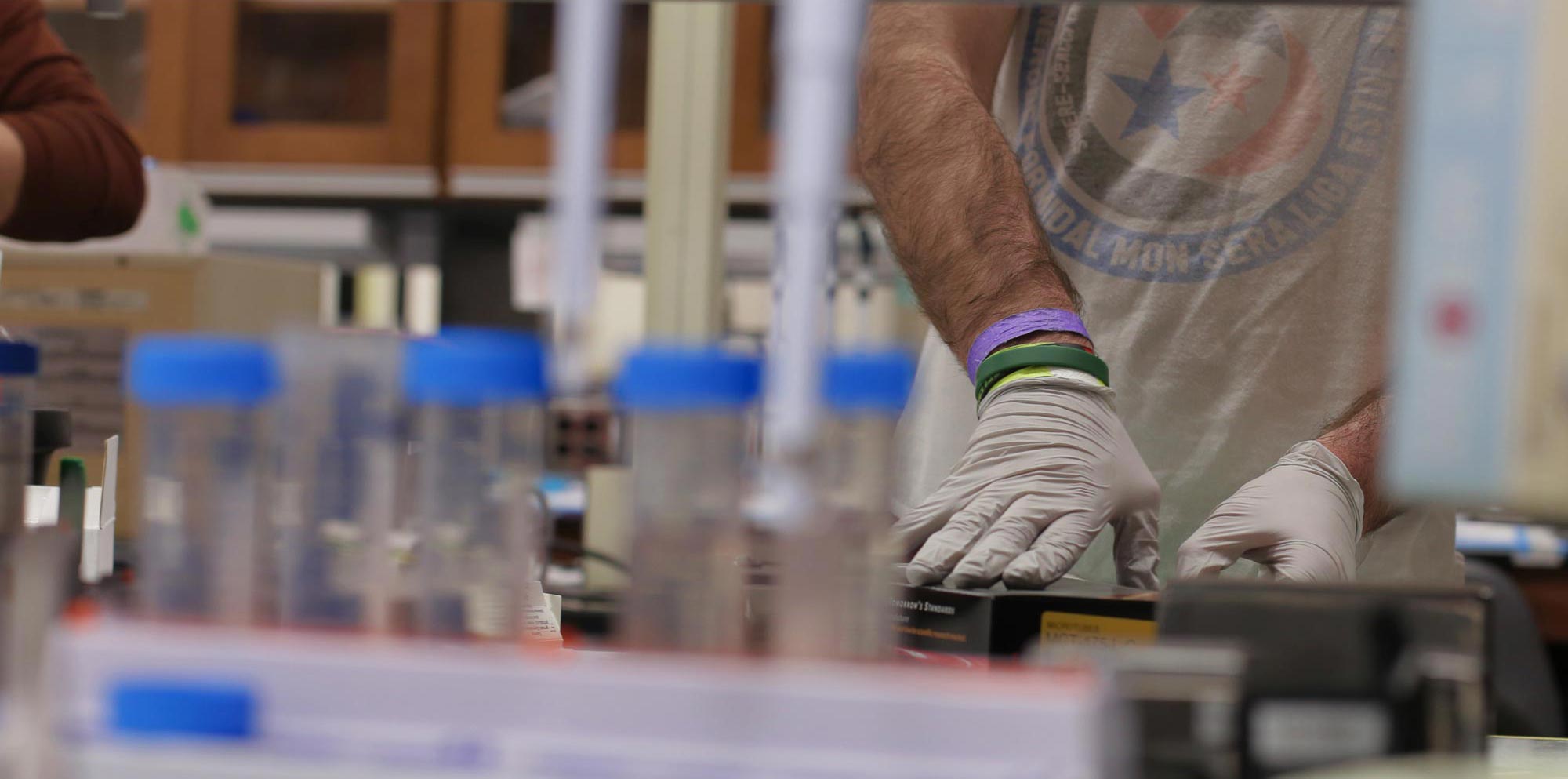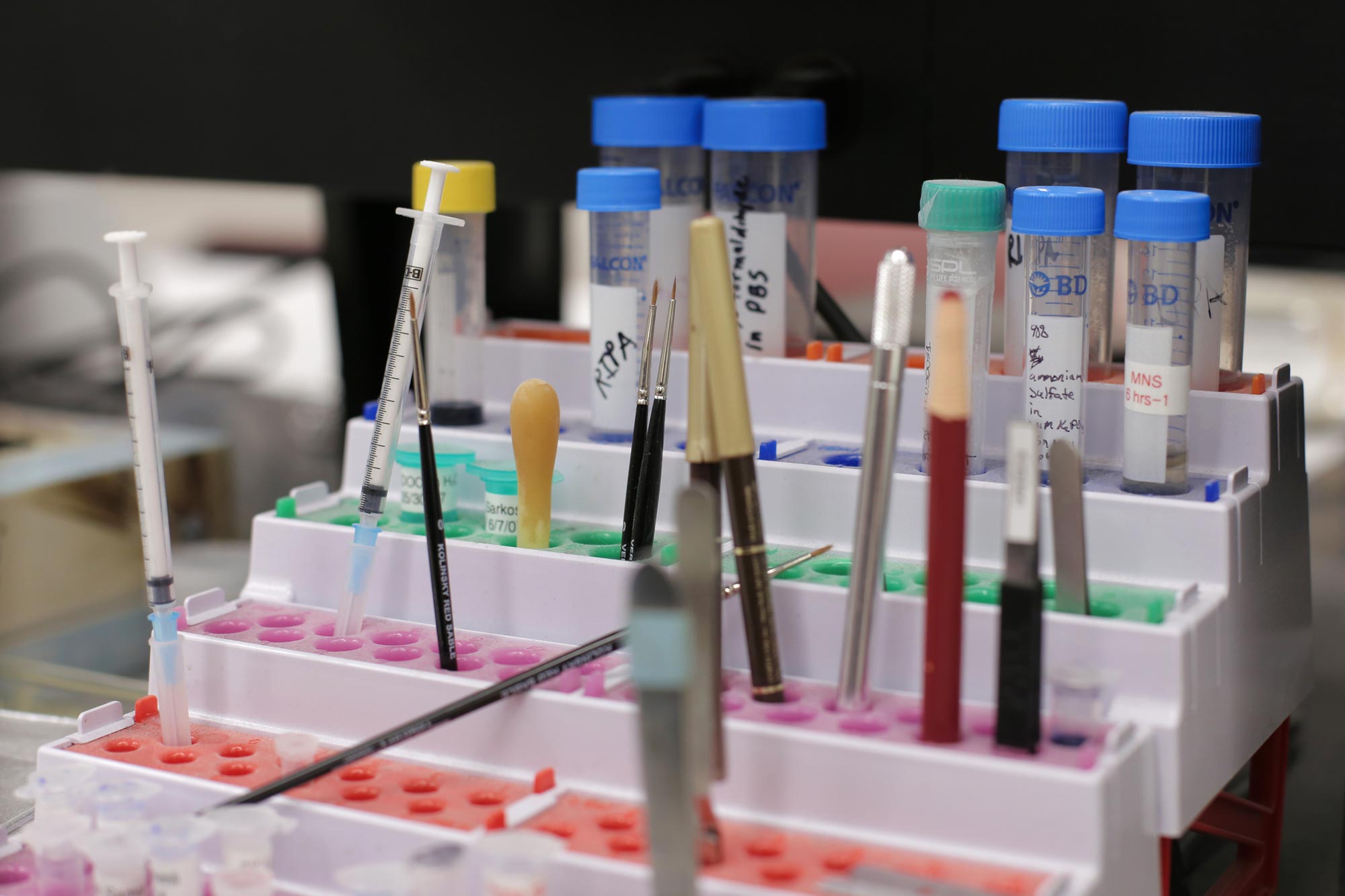Transporting boxes full of rat brains is not what Weinberg freshman Ashleigh MacLean imagined when she emailed the manager of the Klein Lab, a neurobiology research facility on campus. After seeing a flyer advertising the position, she thought of the valuable experience and connections she could obtain from working in the laboratory.
She was right. According to The Mentor, an academic advising journal, “research experience allows undergraduate students to better understand published works, learn to balance collaborative and individual work, determine an area of interest and jumpstart their careers as researchers.”
Proficiency in Microsoft Excel Adeptness in preparing chemical solutions Experience with teamwork Effective communication skills Hand-eye coordination for pipetting Ability to work independently Ability to maintain and evaluate organized records
The entry-level positions, however, are often unglamorous. The lab coat-clad students pictured in brochures might measure out colorful chemical solutions and pensively collect data, but MacLean gets to clean their test tubes and beakers.
“There are so many dishes that I don’t ever finish,” MacLean says. “They’re just always there.”
Although MacLean wears gloves while working, her clothes remain an easy target for the constant spray of water from the faucet. She says one of the hardest parts of the job is staying dry. By listening to music, she pushes through the stacks of glassware while keeping her good humor intact.
In addition to dish duty, MacLean mops the floor every other week and helps organize the refrigerators, which she describes as “negative 80 degrees Celsius.” While the work may sometimes seem unpleasant, MacLean says her experience has been positive.
“I like the people in the lab even if I’m not directly working with them,” she says of the lab’s directors and other student workers. “They let me look in the microscope and chat with me.”
MacLean also says her time at the Klein Lab will serve as a stepping stone to more sophisticated research positions.
Kirsten Viola, research lab manager at the Klein Lab, has worked with MacLean and encourages undergraduate students to work in lab settings.
“The students are essential parts of the lab just like everyone else,” Viola says. “They keep the lab clean so we can do research, but most end up helping with projects or even creating their own.”
Despite the mundane jobs working in a lab may entail, the endgame of research may far outweigh any undesirable tasks along the way.
“The neatest thing for me and for students is seeing your name in print and knowing something you’ve done is making a difference,” Viola says. “In our case, it is knowing that we are working towards treating Alzheimer’s disease.”
The eradication of illnesses and progression of life-saving technology are worth washing dishes for.


